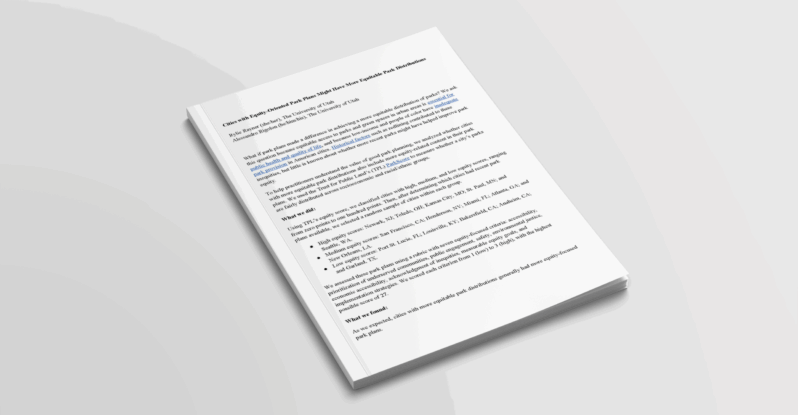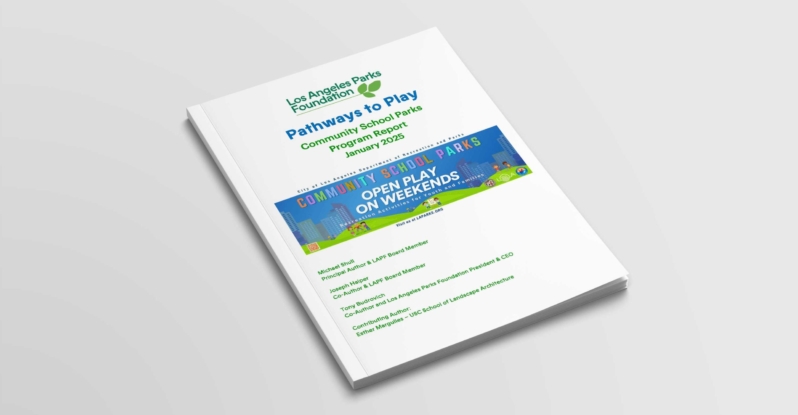Fast Facts
- The Rose Kennedy Greenway is a 17-acre greenway spanning 1.5 miles in the heart of Boston.
- In 2018, the Greenway Conservancy hosted 1.4 million trackable visitors to the park for its events, food trucks, beer gardens, Wi-Fi network usage, and carousel. Additionally, millions of visitors each year passively enjoy The Greenway’s gardens, public art, and fountains.
- Visitors can enjoy a variety of free events, contemporary public art installations, outdoor fitness classes, a one-of-kind Greenway Carousel, organically cared for plants and landscapes, open-air beer and wine gardens, guided Horticulture and Public Art tours, weekly farmers and artisans markets, signature fountains and splash pads!
Located in the former footprint of an elevated highway, the Rose Kennedy Greenway stretches through the heart of Boston. The park has brought neighborhoods together, reconnecting the city and its waterfront. The park is a destination for tourists, a gathering space for residents, and an economic driver.
After decades of planning and construction, Boston’s “Big Dig” relocated Interstate 93 into an underground tunnel. The reclaimed space is now the site of the Rose Kennedy Greenway, a linear park that curves through downtown Boston near the waterfront. It is a commuting corridor and an outdoor activity and play space, organically maintained.
Seeing that abutting properties benefited greatly from The Greenway, the Greenway Conservancy, the state, the city, and adjacent property owners negotiated a Business Improvement District (BID) to support the Greenway Conservancy’s care of the park. BID contributions are financed by an elective tax on properties one block off the park on either side. The BID contributes $1.5 million to the conservancy’s budget each year.



